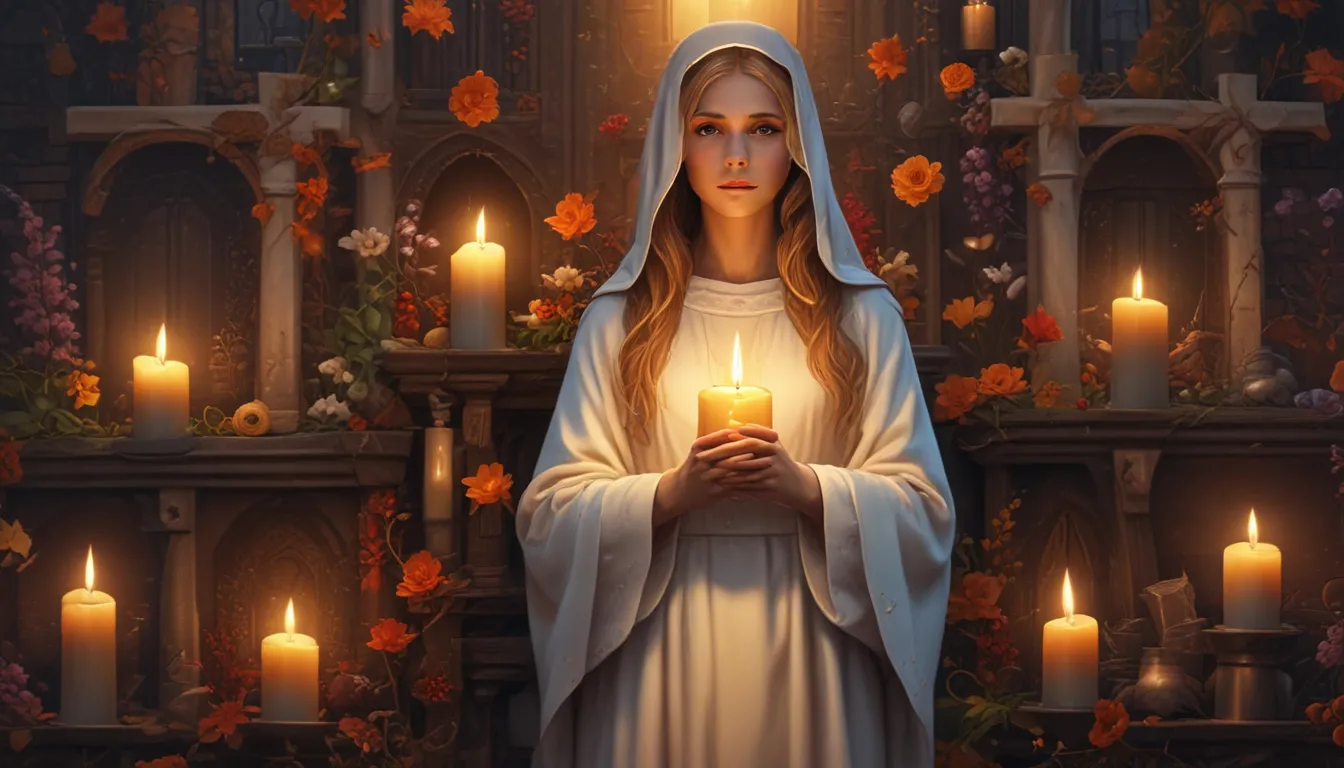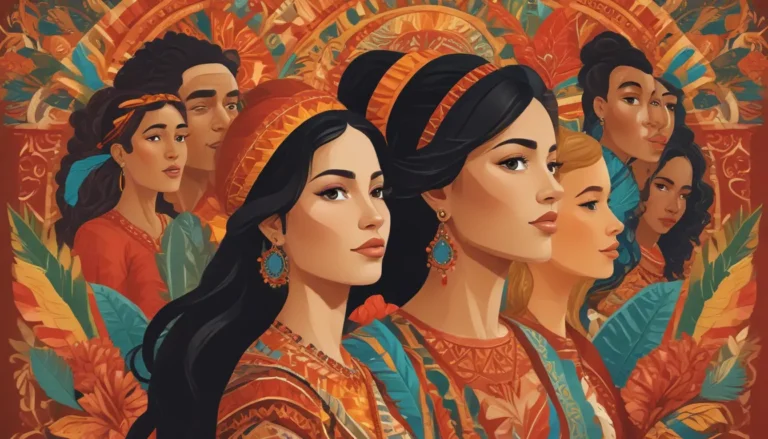The images in our articles may not match the content exactly. They are used to grab your attention, not to show the exact details in the text. The images complement the text but do not replace it.
All Saints Day, also known as All Hallows’ Day or Hallowmas, is a significant day for Catholics and other Christian denominations around the world. It is a day to honor the saints in Heaven, remember the deceased, and celebrate the unity within the religious community. This article delves into the rich history and traditions surrounding All Saints Day, shedding light on its origins, customs, and cultural significance.
Unveiling the History of All Saints Day
The roots of All Saints Day can be traced back to the 4th century when various Christian communities started honoring the martyrs and saints throughout the year. However, it was not until Pope Gregory IV officially declared November 1st as the day to commemorate all saints that the tradition gained widespread recognition. Since then, All Saints Day has become a cherished religious holiday celebrated by millions across the globe.
Observing All Saints Day: Customs and Traditions
On All Saints Day, Catholic churches typically hold masses to honor the saints and unknown martyrs who have achieved beatific vision in Heaven. It is common for believers to attend church services, visit cemeteries, and pray for their departed loved ones. In countries like Mexico and the Philippines, people observe All Saints Day with unique cultural practices such as Dia de los Muertos and offering special dishes like Fiambre.
All Saints Day Around the World
While the majority of Catholics commemorate All Saints Day on November 1st, some churches choose to celebrate it on the first Sunday after Pentecost. In Germany and Austria, children receive braided pastries called Allerheiligenstriezel from their godparents, while in Portugal, families make soul cakes to share during this season. The diversity of traditions and customs associated with All Saints Day reflects the universal appeal of this solemn holiday.
The Significance of All Saints Day in Modern Times
All Saints Day remains a relevant and meaningful observance for many Christians worldwide. While some denominations may not recognize purgatory, the belief in honoring the saints and praying for the departed souls continues to unite believers in their faith. Whether lighting candles in front of their homes or attending church services, individuals find solace and connection through the communal spirit of All Saints Day.
Embracing the Spirit of All Saints Day
As we reflect on the rich history and traditions of All Saints Day, we are reminded of the importance of remembrance, unity, and faith. This special day serves as a time to honor the saints, pray for the departed, and strengthen our bonds with the religious community. May the spirit of All Saints Day inspire us to cherish our traditions, connect with our roots, and celebrate the eternal legacy of those who have gone before us.






